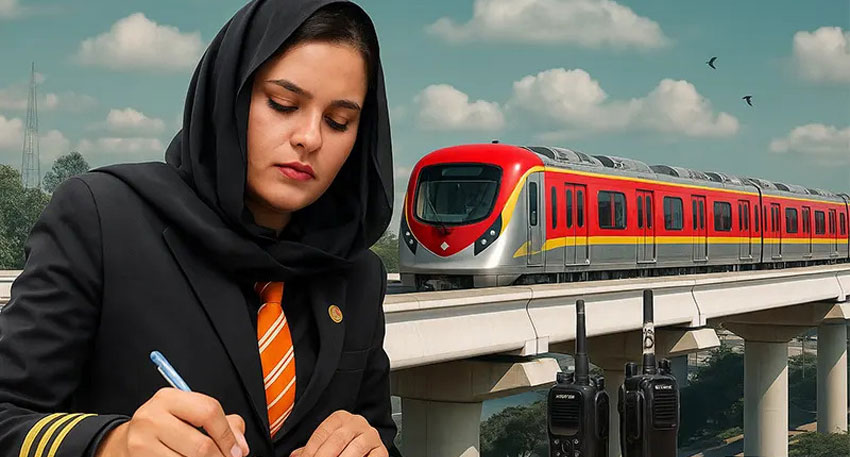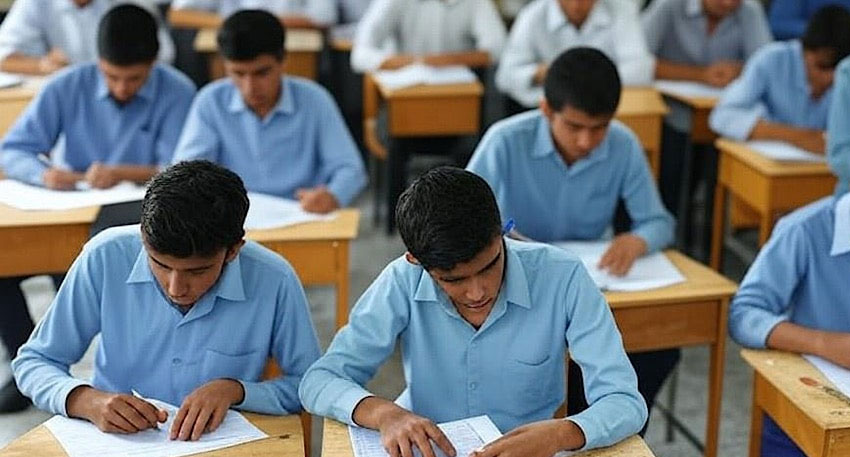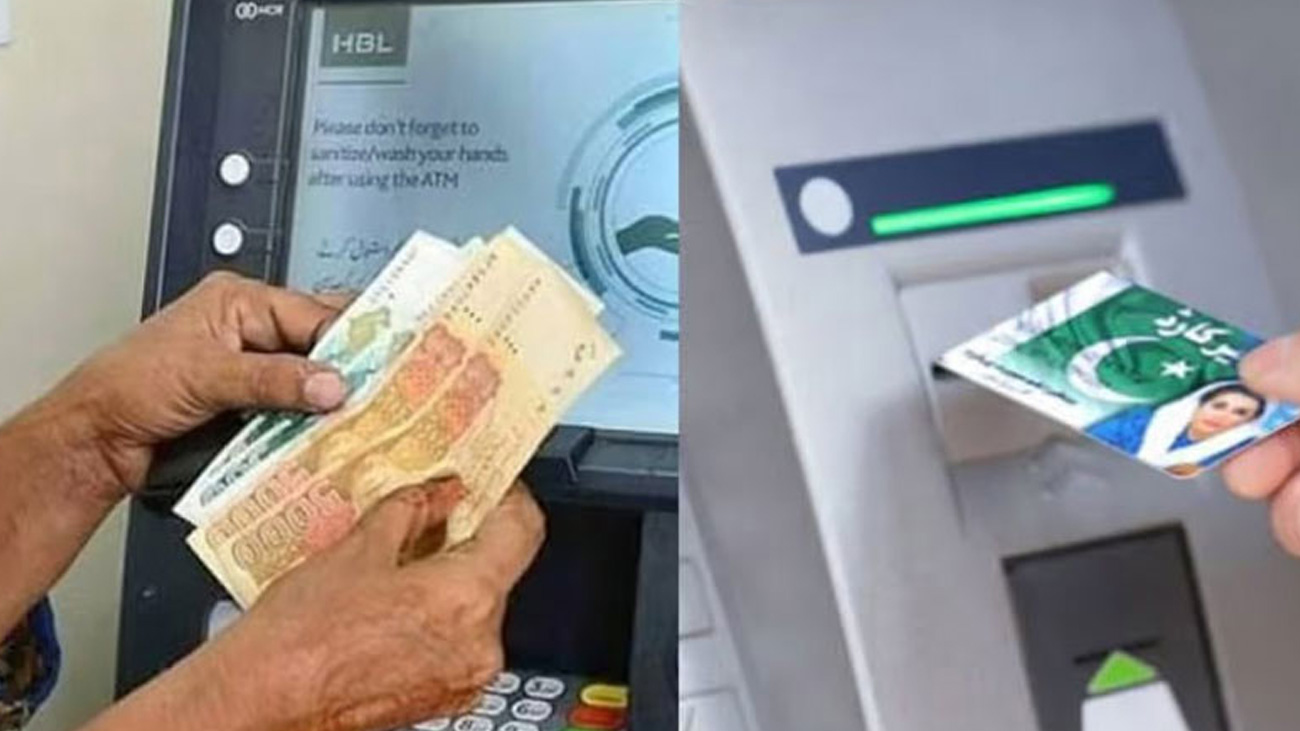
In a major shift that could reshape Pakistan’s auto market, the IMF approved the federal government’s policy to allow the commercial import of used vehicles up to five years old. The news was confirmed by Ministry of Commerce officials during a briefing to the Senate Standing Committee on Finance.
This policy aims to boost consumer options and market competition, especially in the face of rising car prices and limited local manufacturing output.
Rs299,382 in Expected Car Price Relief
To control initial inflow and protect local manufacturers, a 40% additional duty will be imposed on these imported vehicles at first. However, the plan gets consumer-friendly from fiscal year 2026-27, when this duty will be reduced by 10% every year, and later removed entirely, leaving just standard import duties. This could reduce car costs by up to Rs299,382 for buyers in coming years, making used imported cars far more accessible.
Rs499,000 Vehicles Possible with 7-Year Limit by FY27
Even more surprising, from FY27 onward, the import age limit will expand to seven-year-old vehicles, opening doors for significantly cheaper options from international markets. This change is expected to bring down import prices, potentially allowing buyers to find reliable, imported cars for around Rs499,000 or less—a massive shift in affordability.
Baggage Scheme Vehicles Exempt from Extra Duty
Interestingly, the 40% extra duty will not apply to cars imported under the baggage scheme, although a 700-day overseas stay condition will still be enforced for eligibility. This provides a viable path for overseas Pakistanis looking to bring back used vehicles at lower costs, bypassing the commercial import duties altogether.
Senate Rejects Finance Ministry Amendments
In a separate development, the Senate Committee rejected the Ministry of Finance’s proposed amendments to the Public Finance Management Act (PFMA). Officials had claimed these changes would enhance fiscal oversight, but the committee pushed back, directing the ministry to revise the proposals entirely.
Senator Anusha Rehman questioned the misuse of surplus profits and idle cash, advocating for all autonomous and public entities to be brought under full audit coverage by the Auditor General of Pakistan. If implemented, this oversight could potentially recover or redirect up to Rs1,000,000 or more in idle funds toward national development priorities.
Car Market Expansion
Last month, the Federal Board of Revenue (FBR) had indicated plans to standardise import rules across vehicle categories in the 2025-26 budget. The proposal could open Pakistan’s market to a broader range of used vehicles, reducing average car purchase costs by an estimated Rs750,000 in some cases.
Read more: Car prices surge in Pakistan as budget taxes hit auto sector
This policy shift marks a turning point in Pakistan’s automotive landscape. For decades, limited import options and sky-high prices kept many Pakistanis out of the car market. But with the IMF’s nod and the gradual easing of duties, we could witness a surge in affordable, international-quality vehicles in coming years.
The new rules also signal a shift toward market liberalization and increased consumer choice, putting pressure on local car assemblers to innovate and reduce prices. Combined with tighter financial oversight in the public sector, this reform package is a step forward in making Pakistan’s economy more transparent, competitive, and citizen-friendly.



